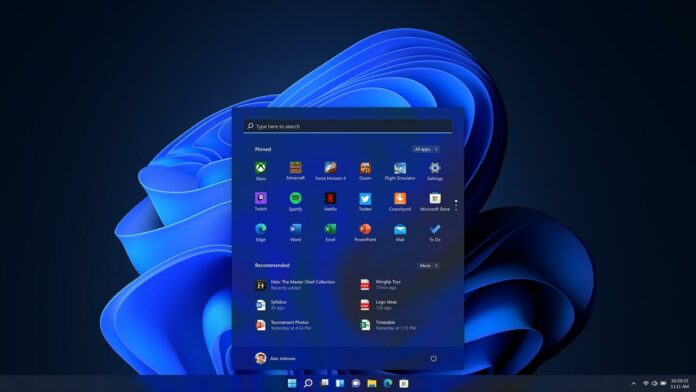Windows 11 24H2 release is closer than you think. We’re already in the third week of September and last year, we saw Moment 4 as an optional update, and 23H2 arrived with the October 2023 optional update. Ahead of the 24H2 and Server 2025 release, Microsoft has announced a major change to the Hardware Lab Kit (HLK) release.
The company will release a new version of the HLK in October 2024. But what does it mean? HLK helps vendors test their driver’s compatibility with the operating system. Microsoft decided to reduce the number of errors that impeded the certification process.
It is a developer-focused update that doesn’t impact the end users. They will ensure that their drivers work perfectly with the upcoming version.
Meanwhile, we have seen most of the surprises that will ship with the 24H2 update (Windows 2024 Update) in the Insider channel.
The refresh of HLK suggests that Windows 11 24H2 will begin rolling out in October and it aligns with our previous reporting.
What’s new in Windows 11 24H2?
Windows 11 24H2 will focus on migrating a huge chunk of Control Panel features to the Settings app. We have seen countless instances, from the Power Plan settings to Virtual Disks, which appear in the Settings app. Microsoft doesn’t have plans to remove the Control Panel completely.
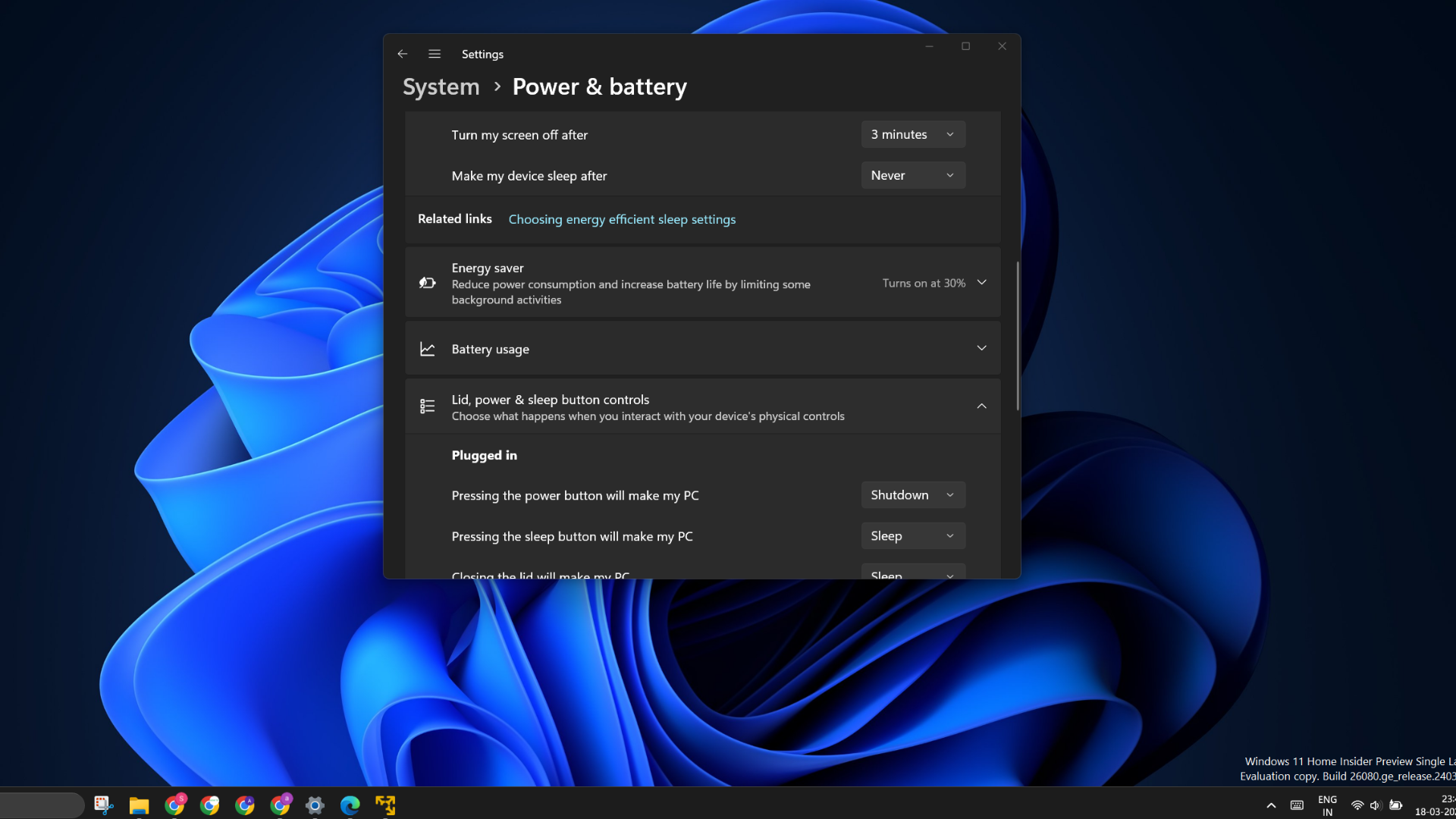
The upcoming Windows 11 update will change the name of Battery Saver to Energy Saver. It’ll also give you more control over the Power mode in both battery and plugged-in scenarios. Energy saver will have a few new recommendations including turning off HDR to save battery.
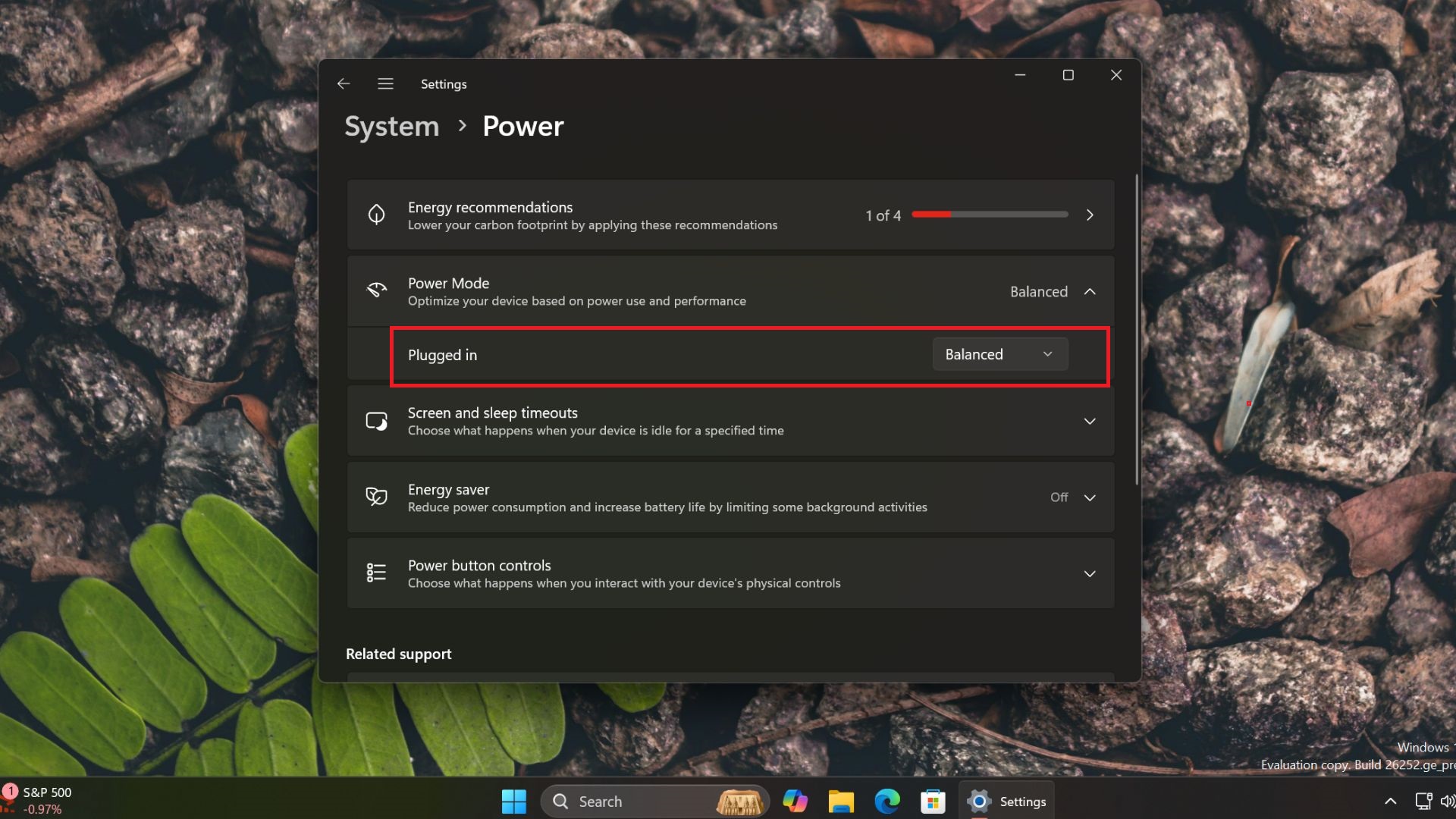

Wi-Fi 7 support is arriving with the new update, along with improvements to Bluetooth controls for better accessibility. Even the FAT32 size limit is increased, which will help you to format drives up to 2TB.
Windows Latest found the Start Menu to be a prime focus for the upcoming update. You’ll see multiple layouts in the All Apps section and a companion panel, which will appear on either side of the Start menu.
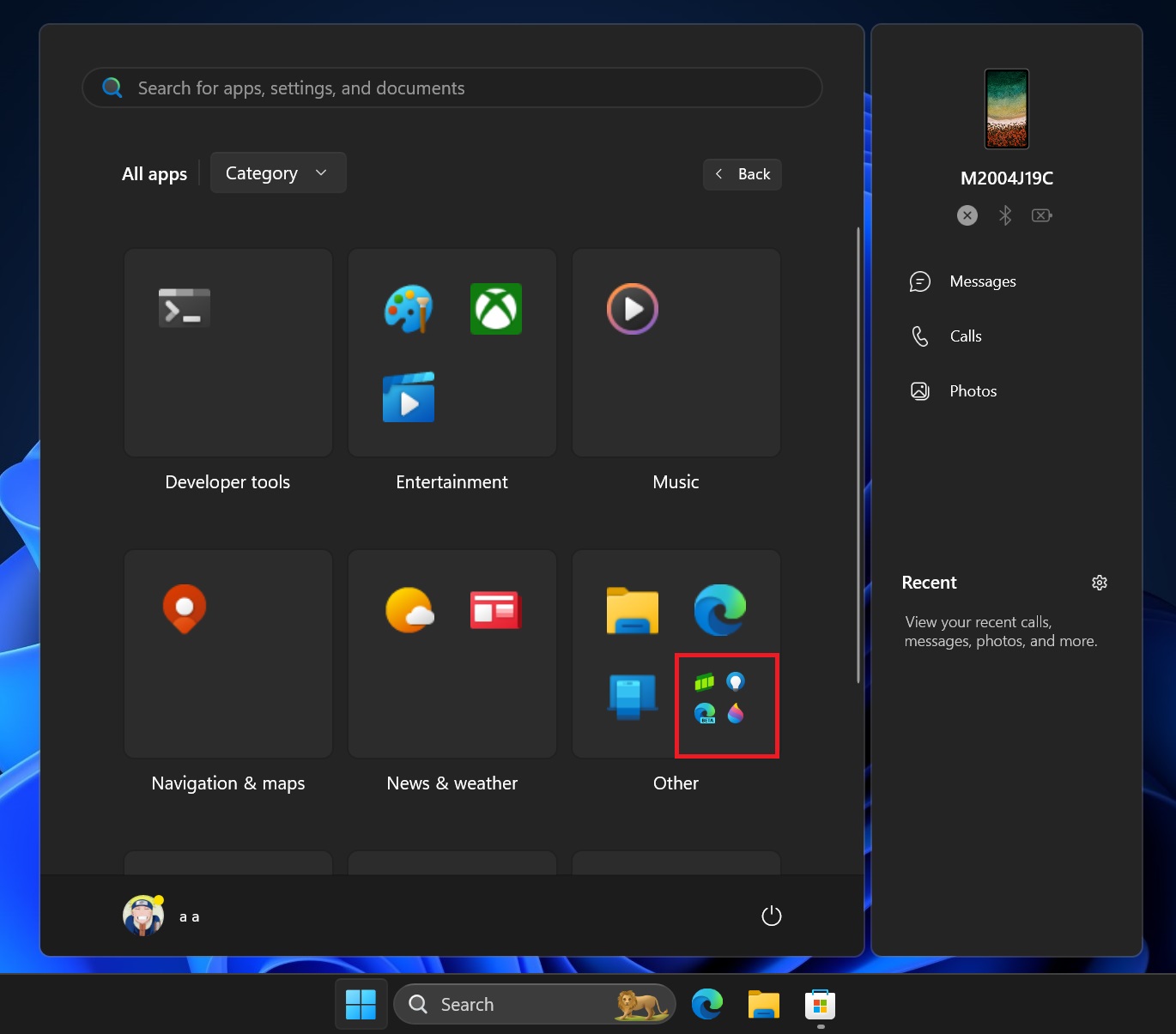

The widgets board will also tweak its UI and you might be able to set custom feeds in it. You’ll be surprised by the Android integration in the Start menu and File Explorer – the latter helps you access phone storage wirelessly.
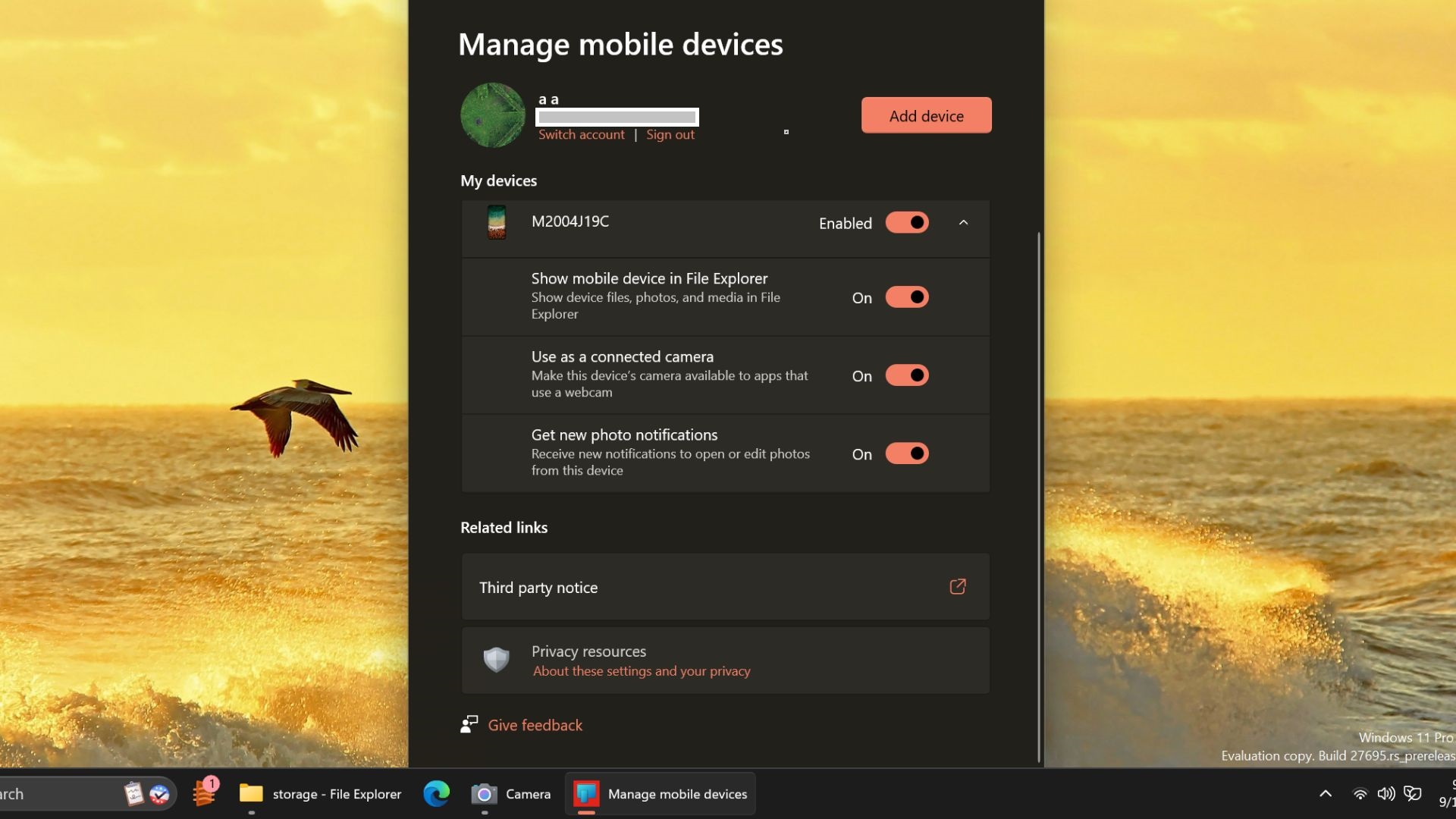

Several smaller changes include adding a scrolling direction option to the Mouse settings or a pointer indicator feature to help find the cursor easily.
We have extensively covered each of these minute changes and will continue to monitor them to check which ones make the cut.
